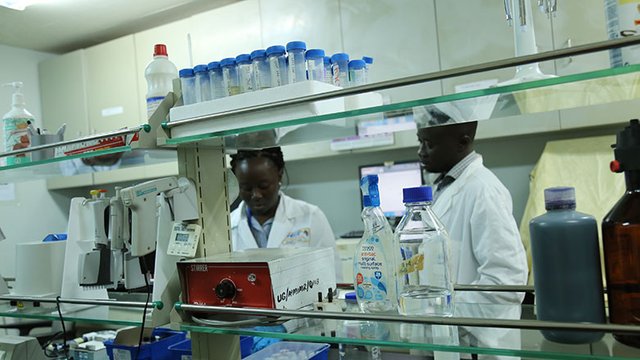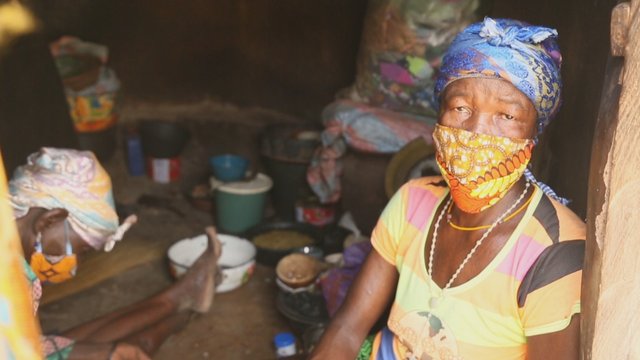The Condition Of COVID-19 in Ghana
Following the discovery that the pandemic has already started to spread in Ghana, the government instituted measures to halt the local transmission of the infection and also import of the novel virus into Ghana.
The measures included closing down all land boarders to the country, simultaneously closing down the main international airport in Accra, the capital town of the country Ghana.
TESTING BEGAN EARLY
Two institutions, namely Noguchi Memorial institute for medical research in Accra and the Kumasi Centre for collaborative research into tropical medicine in Kumasi served as the first testing Centers for all suspected cases. Due to lack of testing equipments in the northern part of Ghana, samples were taken from there to the Kumasi Centre for collaborative research whiles samples from the Southern part of Ghana were taken to Noguchi memorial institute for medical research.
These were the centers the COVID-19 test was conducted. From the knowledge I acquired as a medical laboratory science student, if a sample either blood sample, sputum sample or urine sample is taken from a patient for a test. It should not take a long time before the test to be done because enzymes found in the sample could breakdown the materials found in the sample making the sample that was supposed to have a negative results appear as a positive results and samples which were supposed to have a positive test results appear as a positive test results. In other to avoid this problem of false results due to long time keeping before testing, a company called Zipline proved drones that carried samples rural areas to the testing Centers to increase the accuracy of the COVID-19 test results.

LOCKDOWN
A partial lockdown was placed in 2 big cities, Accra and Kumasi, which happened to be the epicenters for the pandemic, from the end of March 2020 for three weeks. Restrictions were placed on the movement of people, with the military and police mounting road blocks to carry out checks. Only workers of essential service were allowed to move around in these cities. People in the remaining part of the country had freedom of movement since no cases were reported in those areas at that time.
The government of Ghana banned all public gatherings and also all educational ranging from kindergarten, primary, junior and senior high schools to tertiary institutions including universities, both public and private, were closed.
.jpeg)
Image source: voanews.com
ECONOMIC IMPACT
The lockdowns and other restrictions put in place affected many businesses since they were not able to operate. A significant number of people lost their job and livelihoods as many organizations asked their skilled workforce to work from home while others were made redundant. For some business categories, the government of Ghana rolled out some financial packages to help them survive the negative effects of the pandemic.

Source : Yahoo news.com
CHANGING HEALTH SEEKING BEHAVIORS
During the months that followed the lockdown, people health-seeking behaviors changed. The number of people reporting to the health facilities with other aliments reduced drastically. People were scared of going to health facilities, with the fear that they would catch the infection in such places.
A MOMENT TO CONTEMPLATE
As of 3rd January 2021, the government of Ghana announced the re-opening of academic institutions to allow all school children and students to go back to school. Restrictions on night clubs and beaches are still in place.
The pandemic is having a serious impact on people health, livelihoods, economies and behaviors. We are all affected in one way or the other.
The dead have been included the high and mighty, as well as the common people in the streets.
This pandemic has shaken us to our very core, and has created a moment to contemplate about the future, including how we relate with nature.
hi @muba11.com, Thank you for your participation :)
Don't forget, invite/tag 3 of your friends to post :)